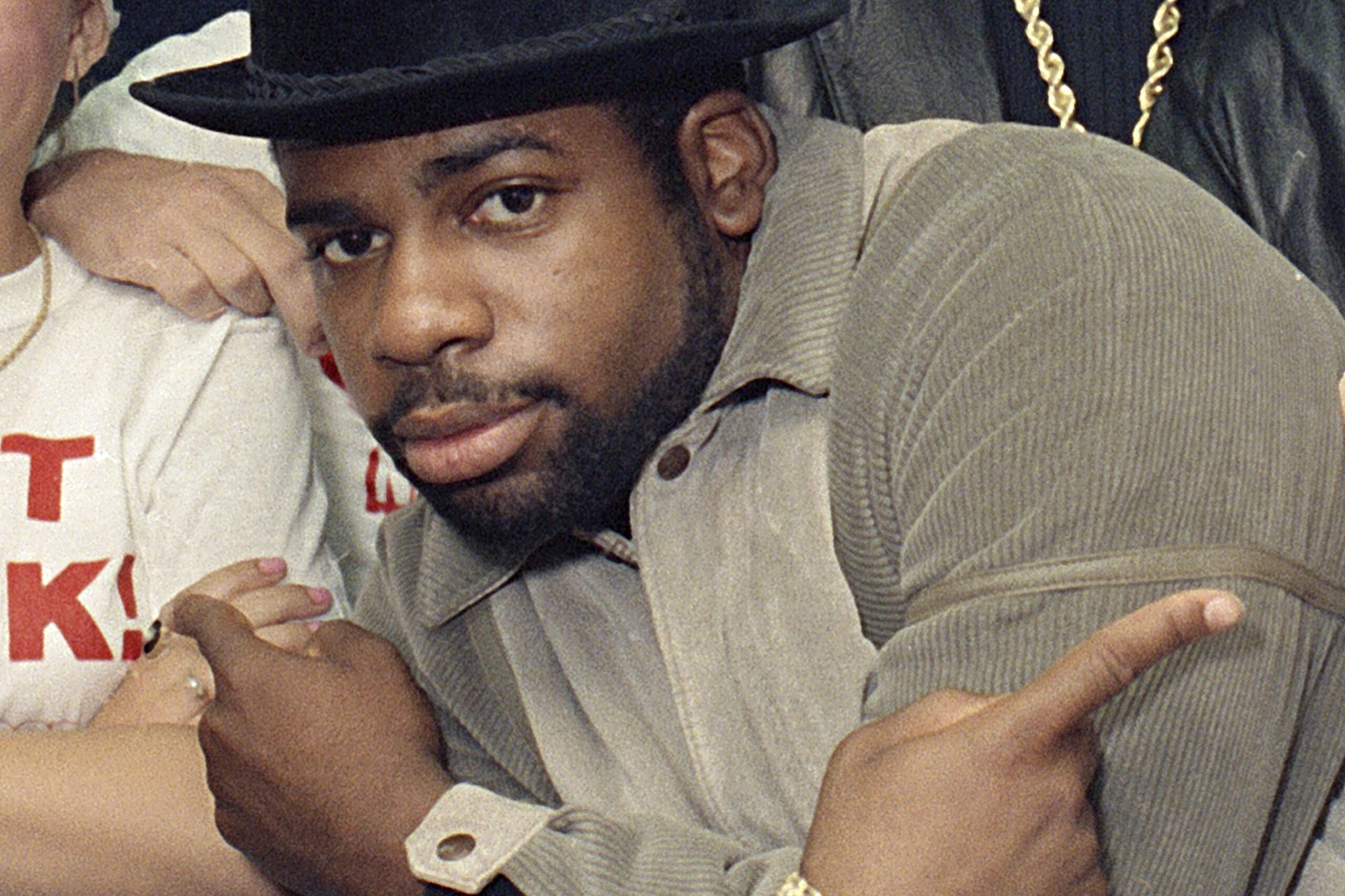Closing arguments commence in murder trial of Run DMC’s Jam Master Jay

Closing arguments began on Tuesday in the murder trial of Jam Master Jay (seen here), of the legendary hip-hop group Run-DMC. Karl Jordan Jr. and Ronald Washington are accused of murdering Jay, whose real name is Jason Mizell, in 2002 following a bad cocaine deal.
Photo: G. Paul Burnett/AP
Photo: G. Paul Burnett/AP
Closing arguments began Tuesday in Brooklyn Federal Court for the trial of two men accused of the murder of Jam Master Jay, the iconic DJ from Run-DMC, whose real name was Jason Mizell.
The murder, which occurred more than 20 years ago in Mizell’s Queens recording studio, has seen Karl Jordan Jr. and Ronald Washington, both closely associated with Mizell, standing trial.
Prosecutors argue that Jordan and Washington, motivated by being excluded from a cocaine trafficking deal by Mizell, fatally shot him. The defense, however, has sought to undermine the prosecution’s case by highlighting its reliance on the “aging memories” of witnesses.
